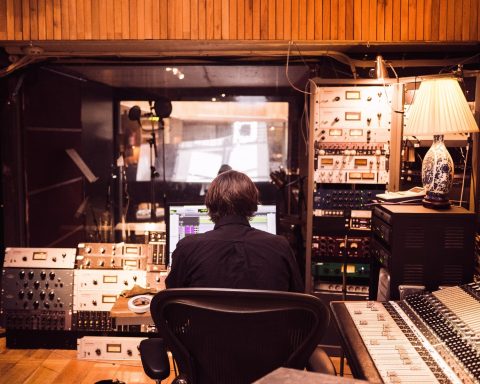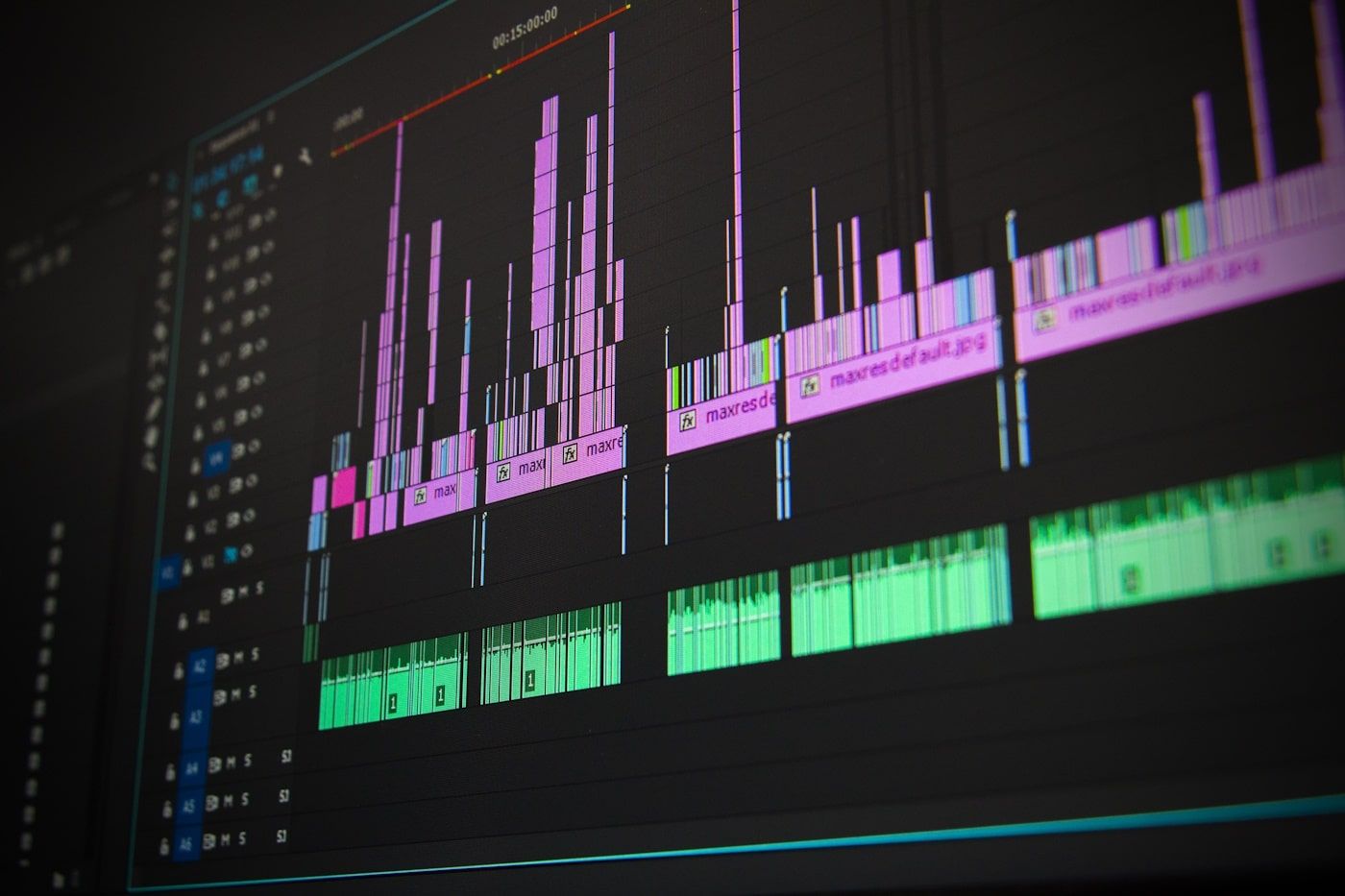It’s no secret that music has played a significant role in entertainment for centuries. From the classical compositions of Mozart to the iconic pop anthems of Madonna, music has the power to transport us to another place and time.
But with the advent of new technology and platforms, the way we experience music has evolved. Nowadays, we can stream songs on demand, create personalized playlists, and enjoy live concerts from the comfort of our own homes.
With the rise of online gaming and the introduction of FanDuel Casino Games, music has found yet another way to enhance our entertainment experiences. These games offer not only the chance to win big prizes but also incorporate popular music genres and artists, creating a more engaging and immersive environment.
As music continues to evolve alongside technology, there’s no doubt it will continue to change the way we experience entertainment in the future.
Exploring the impact of music on the entertainment industry over time
Music has been an integral part of the entertainment industry for decades, with its impact extending beyond just soundtracks to films and TV shows. For centuries, music has been used to evoke emotions, set the tone, and create a connection between the audience and the performer.
With the invention of the gramophone and radio, music became accessible to the masses, allowing for artists to reach a wider audience and resulting in the diversification of genres.
As technology evolved, music continued to be at the forefront of innovation, with the creation of music videos, live concerts, and now, streaming services. The impact of music on the entertainment industry has been vast, shaping not only the industry but also the popular culture of society.
How streaming platforms have replaced traditional radio and CD players
It’s now simpler than ever to listen to your favorite music wherever you are and whenever you want thanks to the growth of streaming services. Radio stations and CD players used to be our only sources of music, but those times are long gone.
Nowadays, people prefer the convenience of streaming music from platforms like Spotify, Apple Music, and Pandora. Not only does it allow us to discover new artists and create personalized playlists, but it also offers a wide range of genres and moods to fit any occasion.
Whether we’re working out at the gym or relaxing at home, streaming platforms have replaced traditional radio and CD players as the go-to source for all things music.
The benefits of subscription services like Spotify and Apple Music
In the age of technology, it’s no surprise that streaming services like Spotify and Apple Music have become the go-to for music lovers. Not only do they offer unlimited access to an extensive library of songs, but you can also create customized playlists for any mood or occasion.
Subscription services have revolutionized the way we listen to music, allowing us to discover new artists and albums with the click of a button. No more running to the record store or waiting for the radio DJ to play your favorite song.
These services make it easy to listen to your music on any device, at any time. Plus, with the option to download songs and listen offline, you can take your tunes with you on the go.
The benefits of subscription services like Spotify and Apple Music are clear – convenience, variety, and endless listening possibilities.
The rise of independent artist platforms, such as Bandcamp and Soundcloud
Independent artist platforms are taking the music world by storm, providing an alternative to the traditional record label route. Bandcamp and Soundcloud are leading the charge, offering artists a chance to showcase their talents on a global stage while retaining control over their music.
These platforms also allow fans to discover and support independent artists, giving rise to a thriving community of music lovers who value diversity and creativity over mainstream appeal. As the music industry continues to evolve, it’s exciting to see how these artists and platforms will shape the future of music.
Analyzing the effect of social media on music promotion
In today’s digital age, where social media dominates our daily lives, it’s no surprise that it has become a crucial tool for music promotion. With just a few clicks and shares, artists can reach a global audience and gain exposure like never before.
But what are the implications of this shift? Does social media level the playing field for up-and-coming musicians, or does it simply reinforce the dominance of big-name labels and established artists?
This topic has sparked much debate among industry professionals and music fans alike, highlighting the complex and evolving relationship between social media and the music industry.
Examining new trends in music consumption for different age groups
Music consumption has undergone a revolutionary transformation in recent years as digitalization and streaming have taken over traditional music outlets. With an ever-growing number of people relying on digital channels, a whole new range of music trends has emerged across different age groups.
Gen Z and millennials, for instance, have exhibited a strong inclination towards streaming music as opposed to the ownership of physical copies. Recent surveys show that boomers and older adults, who have been used to collecting music cassettes and discs, have also embraced the digitalization of music.
This shift in preference has led to unique patterns in music consumption, with age groups streaming distinct genres and artists based on individual tastes.
The complex relationship between age and music consumption is a fascinating trend to observe as the music industry continues to evolve in the digital age.














